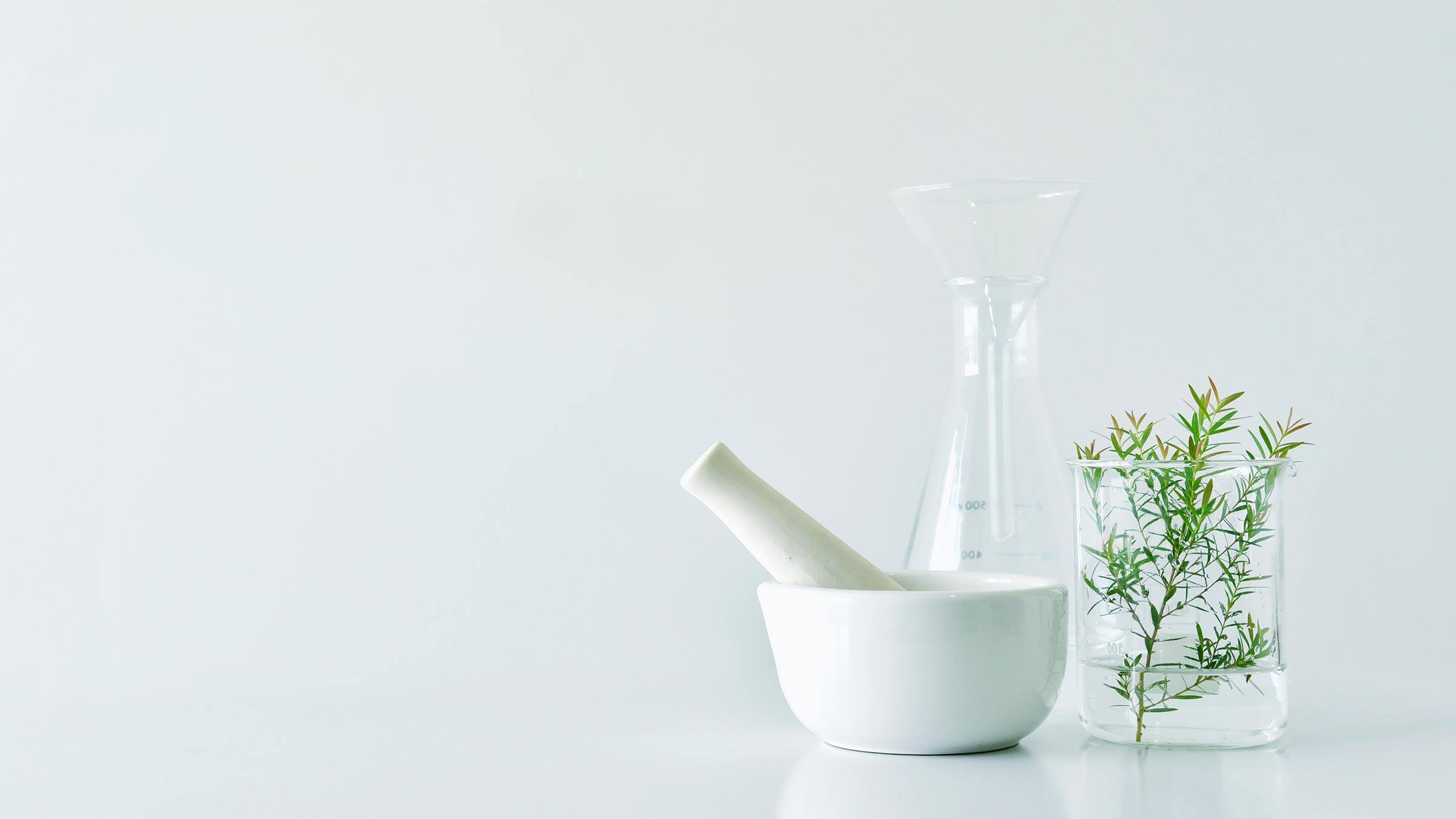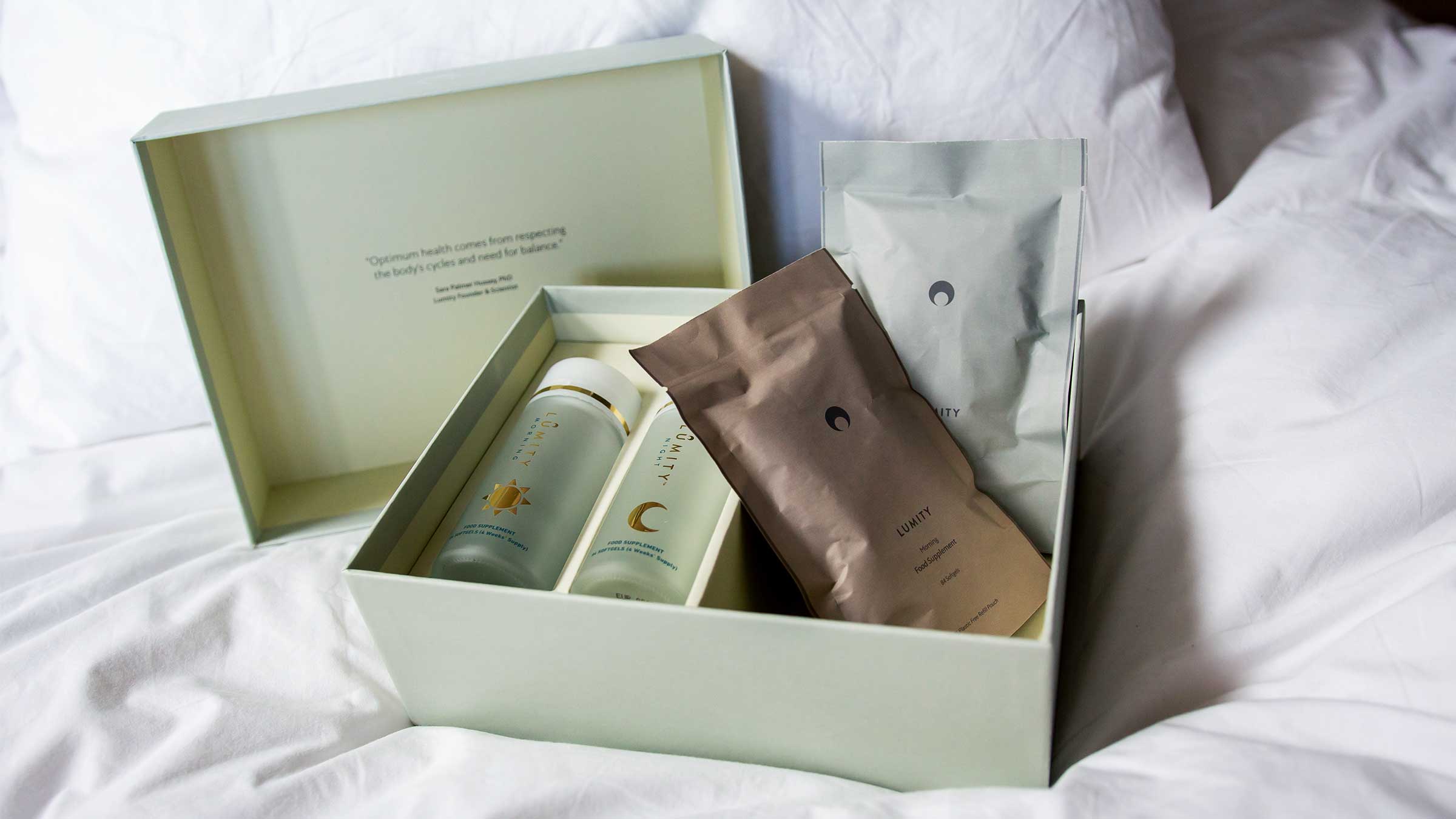Over the last few months, every one of us has had to reconsider our approach to health and wellness. The Covid-19 crisis has not only posed a physical threat to our health, but also shaken up our daily routines, disrupted our exercise regimes and put our mental health under strain.
It was this topic that resonated particularly strongly when Janice Gammell and I caught up to discuss the state of the health and wellness market today. Janice is Managing Director at Lumity, an award-winning business that offers its customers ingestible supplements which boost the immune system and promote a healthy aging process. The supplements market is experiencing a period of long-term and short-term growth. In the wider picture, there is a growing demand for nutritional supplements among wellness-savvy consumers, and recent research from The MBS Group found that supplements is a key area of interest for consumer-focused private equity firms. In the short-term, the Covid-19 crisis has momentarily driven the UK supplements market up by 19.5%, equating to an extra £7.9m in the industry.
Lumity, however, doesn’t offer a quick-fix, or bill itself as a magic product guaranteed to keep illness at bay. Instead, the brand focusses on the body’s circadian rhythm, and is clinically proven to support a healthy aging process.
Lumity – like many other growing brands in the sector – has science, research and development at its core. It has been an interesting exercise to examine the shifting trends in the health and beauty industry, and witness the movement away from all-natural products derived from the outside world, towards clinically-tested formulas created in a lab.
This is not a new phenomenon. This sort of brand positioning has been in play since the 60s, when Clinique launched with its white-coated saleswomen and minimal design. Today, however, this trend has gathered momentum. As the health, beauty and wellness market – covering everything from supplements to skincare to makeup – becomes more saturated, consumers are opting for brands which can prove their worth with scientific credentials.
The shelves look different, too. Flashy packaging is being swapped out for minimalist containers branded with complicated-sounding names. The Ordinary and Tata Harper are prime examples of this; The Ordinary’s best-selling anti-aging product is named ‘Retinol 0.5% in Squalane’ and comes in an amber glass medicine bottle. Even market disrupter Glossier, favoured by the Instagram generation and known for its fun-loving social media presence, has introduced ‘The Solution’ – a clinically-tested ‘blend of skincare acids’.
Janice tells me: “When it comes to science-based brands, we are seeing two routes emerging, one cohort looks at the trend, determines the marketing opportunity and then seeks out science which backs it up. This is the most common way that brands drive innovation… identifying a problem and finding a science-based solution, like adding lavender in a product to reduce redness”.
“On the other hand, there are brands for which the science comes first. These aren’t commercially driven, but guided by the problem that they’re looking to solve.” It is this category into which Lumity falls – and which normally produces the most disruptive brands.
Keen to hear more about Lumity’s story, I reached out to Dr Sara Palmer Hussey, PhD. Dr Sara created Lumity, and the brand is defined by her ongoing research into the causes of aging, the body’s circadian rhythm and the human body’s natural ability to heal and grow. “After having become used to feeling almost continually tired, I began researching the causes of aging and taking a concoction of nutrients to support the body’s natural counteractions” she tells me. “Over time, I noticed I was feeling more alert and enthusiastic. I didn’t need a coffee in the morning anymore – I could leap out of bed ready to go!”
Over time, Sara began to see physical benefits: her skin, nails and hair were better than ever, she was sleeping more deeply, and she wasn’t catching common colds despite being around sick people. “As I refined the formulation, I realised I was onto something that could offer tangible benefits.”
It is this scientific founding that underpins Lumity. After testing it on herself, Sara tested her supplements on a group of over 100 women for a 6-month period. Encouragingly, the participants of this trial reported an even wider range of benefits than Sara had felt herself. Finally, in order to achieve complete scientific validation, Lumity connected with a renowned US dermatologist to conduct a clinical trial on Lumity’s supplements in relation to skin health.
“It is this sort of scientific backing that consumers have come to expect,” Janice tells me in our conversation. “People are no longer happy with some vague statement about a product being ‘clinically proven’ – they want to see the evidence.” This is especially true of the older demographic, says Janice. “Millennials are still jumping around from brand to brand, but our older customer base is more discerning, and is willing to make an investment in a product that works and stick with it.”
We are also seeing the increased power of the consumer here. Not only are customers demanding transparency and a greater understanding of what goes into the products they buy, but peer-to-peer customer reviews are taking on progressively more significance. Janice tells me that, for Lumity, reviews from consumers play a key role in driving growth and gaining a loyal following – but that there is much more to be done in educating consumers in the wider supplements market. “Lots of people who buy supplements from the main-stream market don’t know enough about them,” Janice says. “There’s more to be done in encouraging consumers to ask the right questions.”
The worldwide supplements industry alone is set to be worth $6.4bn by 2024. It will be interesting to see what further developments take place in the health and beauty space, and what impact these have on the role of brands and the consumer. Please do get in touch if you have any thoughts on the matter – I’d love to hear from you.










